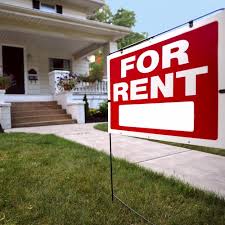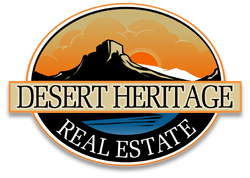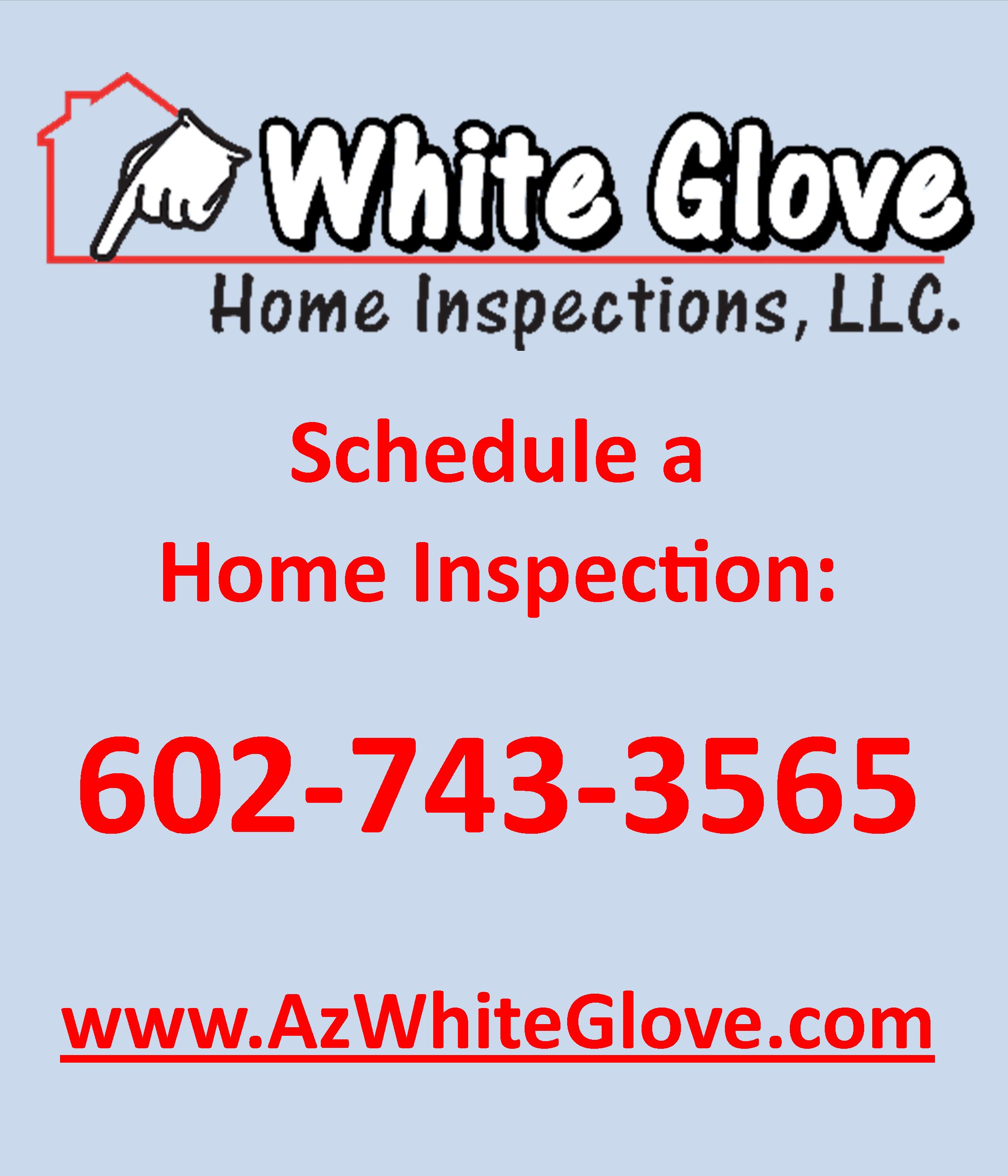 Today’s move-up buyers are confident and considering all options when they decide to buy a new home, including becoming a landlord and renting out their current home.
Today’s move-up buyers are confident and considering all options when they decide to buy a new home, including becoming a landlord and renting out their current home.
While this choice is not for everyone, a survey conducted by a major real estate firm revealed that a third of survey respondents answered that they are willing to give it a try. In addition, real estate agents and property managers are confirming the same phenomenon. Property owners have been checking in with questions about buying a second house while renting out the first.
If this trend holds, it could mean fewer homes for sale in tight real estate markets along with a small but growing number of homeowners who own more than just their principal residence.
For some homeowners becoming a landlord could make a lot of sense. First, rent prices are up and are expected to continue to rise. Overall, rents are expected to climb another 4 to 10% this year and continue to go up in 2015. Rising rental rates can mean it is feasible to rent out the original home to cover the mortgage and taxes and perhaps even make a profit. The homeowner’s income is then freed up to make payments on a second home. If home prices continue to rise, renting out the first home allows time to build more equity in the home.
For those homeowners who purchased in 2009 (at the bottom of the market) the combination of rising equity in the home and low interest rates can provide the incentive and opportunity to own two houses at once.
Many admit they don’t plan to become landlords for the long-term, but want the chance to profit from current and future real estate market conditions. Some amateur landlords opt to hire a professional landlord typically for a fee of around 10% of the rent. Others prefer to do it themselves.
What are some things these new landlords must know? First, and foremost, they need to keep in mind that being a landlord can bring challenges along with the potential for profit. Some municipalities require owners to register rental homes and have the home inspected to make sure the property is up to code. If the inspector finds one or more defects, the owners must fix the problem before the property can be rented. There might even be a requirement that new landlords attend training classes that cover topics such as finding good tenants, principles of property management, and even spotting and reporting illegal activity.
Other things to consider include increased insurance costs as a homeowner transitions from primary occupant to investor. Often landlord insurance policies cost up to 25% more than typical homeowner’s insurance. There may be legal costs involved for landlords who want to know their legal rights and seek legal assistance when drafting rental agreements. If an eviction proceeding becomes necessary this will also add to legal fees.
Tax penalties or liabilities may also come into play. Homeowners who turn a primary home into a rental cannot qualify for a homestead exemption once they move out of a property while continuing to own it. This typically means paying more tax. And if property owners haven’t lived in their dwelling for at least two out of the previous five years, they most likely will lose any capital gains exemption as well. This is the exemption that allows individual filers to keep $250,000 of profit from the sale tax free.
Compliments of:
White Glove Home Inspections
www.azwhiteglove.com
602-743-3565



